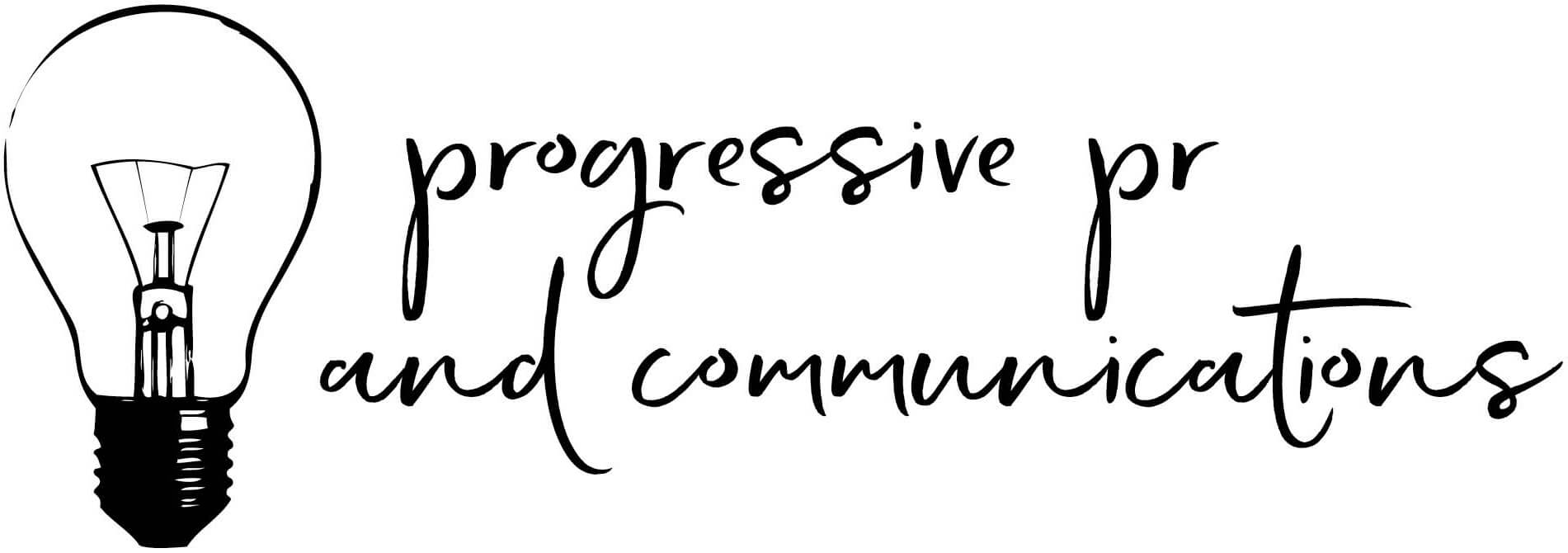GriefLine overwhelmed with a 1100% increase in calls during the COVID-19 pandemic
The demand for GriefLine’s service has increased tenfold and has prompted a call for additional volunteers and funding
Since 1987, GriefLine has offered Australians free specialised counselling for those experiencing grief, loss and trauma. As a medium to early intervention service, GriefLine bridges the gap between crisis support and longer-term psychological treatment with its focussed and timely assistance.
Acting as a regenerative cycle, GriefLine provides the community with innovative and protective mental health programs that are designed to actively work towards relevant solutions based on an individual’s strengths. In turn, GriefLine’s dedicated volunteers receive intensive evidence-based training and education that results in increased confidence, new support tools, and employment opportunities in the field of grief, loss and trauma.
As a result of the specialised counselling offered, 40.6% of all GriefLine calls are referred directly from larger mental health helpline organisations that solely focus on general mental health support.
From the start of 2020 to date, GriefLine has received a 1100 per cent increase in calls as volunteer counsellors continue to support Australians who are mourning losses of all kinds and experiencing an immeasurable amount of grief throughout the COVID-19 pandemic. Volunteer counsellors have responded to over approximately 24,000 calls since May – a drastic increase from the approximate 2000 calls received from the beginning of this year.
“We’ve seen a massive increase in calls in the last few months,” says Nicky Mackie, Board Co-Chair of GriefLine, “We answered around 2000 calls after the bushfires at the start of the year and now our volunteer counsellors are responding to almost triple that amount in one month.”
Due to the interruption and restriction of traditional and cultural grieving processes and the lack of recognition of grief, GriefLine predicts that almost all forms of grief, loss, and trauma experienced this year will evolve into unresolved or complex grief and the increased need for support is expected to continue into 2021 and 2022.
As a result of funding received in 2019, GriefLine presented Medicare with a SROI (social return on investment) of $8,309,329. In 2020, the SROI is forecasted to increase to an estimated $18,000,000 – despite this, GriefLine has not received sufficient funding to support the increased demand in the organisation’s services.
In June 2020, the Victorian government invested a mere $125,000 in funding which was not enough to sustain operating costs and program expansion for GriefLine. However, GriefLine has still managed to run 18-hours a day, seven days a week with 42 volunteer counsellors and has saved Medicare approximately $4 million in rebate fees.
“We have not received new funding from the federal government which has stopped GriefLine from being able to build national community awareness about our services and increase our team size so that we can provide more support to Australians,” said Sarah Godfrey, Board Co-Chair of GriefLine. “Thankfully, we have received generous donations from community sponsors that have supported us and our volunteers during what has been our busiest period.”
GriefLine has currently exceeded the availability of the organisation’s trained volunteers and as a result, hours of service have been reduced to 6am to midnight in order to stop active volunteers from feeling burnt out.
Out of operating hours, help seekers are redirected to the online support tools and strategies found on the GriefLine website.
In order to increase the capacity of training, GriefLine is currently developing an online training program which will be supported by more frequent workshops that offer the practical development of skills needed to assist typical callers so the volunteer network can grow at an expedited pace.
GriefLine has a long-term goal of becoming a 24/7 helpline service and in the interim, to ensure accessible support is available, the team has developed online resources and audio content to aid Australians with relaxation and stress management outside of current helpline hours.
“Affordable mental health support is more important now than ever,” Godfrey explained. “We need more support, funding, and volunteers so that we can continue to provide the best support services possible for Australians as they process their losses this year and beyond.”
In order to reduce the number of Australians experiencing loneliness, Rotary District 9800 is supporting GriefLine, among other like-minded organisations, to pilot a program called The G’day Network. The Network is focused on linking isolated and lonely individuals with community groups, online resources, tools and forums to help rebuild their local connections.
Launching in late November, GriefLine’s website will launch an interactive Grief and Loss Resource Hub where those feeling isolated from the community – especially first responders, bushfire survivors, or those separated from loved ones due to COVID-19 border restrictions – can request check-in calls through their GP and access resources.
GriefLine has also recently partnered with Monash University and University of Melbourne to conduct grief, loss, and trauma-related research and place psychology and social work students as volunteers to gain counselling experience.
Additionally, GriefLine continues to work closely with the Victoria Police to run PoliceLine, a support program that offers a 6-sessions counselling program for referrals from the police for people who have experienced sudden death trauma.
Those experiencing grief can call GriefLine’s national toll-free number 1300 845 745 from 6:00am to midnight, seven days a week to receive support.
About GriefLine
GriefLine is a national helpline which has been operating since 1987. It provides free and confidential counselling and support to people experiencing grief, loss and trauma across Australia, inclusive of remote, regional, rural and metropolitan regions nationwide. GriefLine provides early intervention and protective mental health programs, designed to actively work with a person’s strengths, capacities and their existing solutions, which may be compromised during their experience of grief, loss and trauma.
National Helpline: 1300 845 745
Website: www.griefline.org.au
Instagram: @grieflineorganisation




